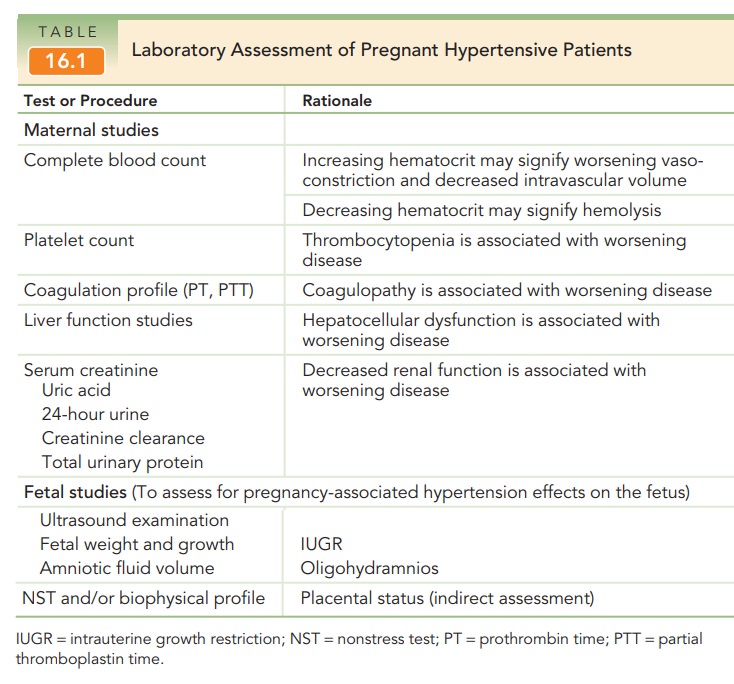Chapter: Obstetrics and Gynecology: Infectious Diseases in Pregnancy
Gonorrhea - Infectious Diseases in Pregnancy
GONORRHEA
Antepartum
screening for Neisseria gonorrhoeae should be performed early in pregnancy for women with risk factors or
symptoms and repeated in the third trimester for women at high risk (see
Table 16.1). Rates in pregnancy range from1% to 7%, depending on the
population. Diagnosis is made by PCR.
All cases
of gonorrhea must be reported to health care officials.
Treatment is with an extended
spectrum or 3rd-generation cephalosporin.
Tetracyclines
and fluoroquinolones are contraindicated in pregnancy.
Infection above the cervix (i.e.,
of the uterus, including the fetus, and the fallopian tubes) is rare after the
first weeks of pregnancy. At delivery, however, infected mothers may transmit
the organism, causing gonococcal ophthalmia in the neonate. All neonates
receive routine prophylactic treat-ment with sterile ophthalmic ointment
containing eryth-romycin or tetracycline, which is generally effective in
preventing neonatal gonorrhea.

Related Topics